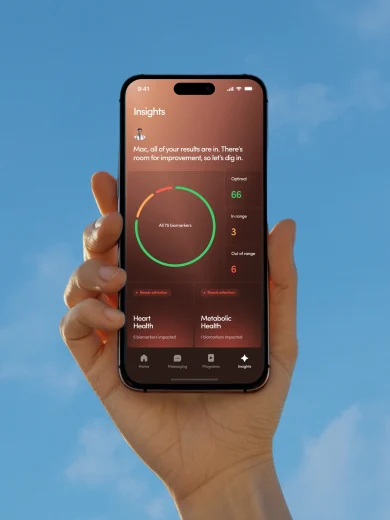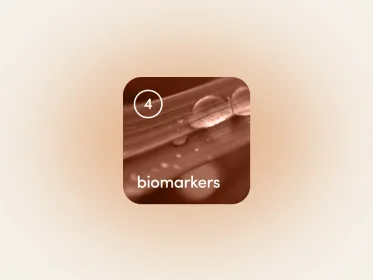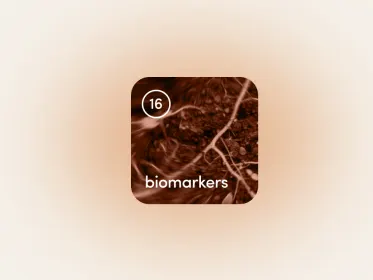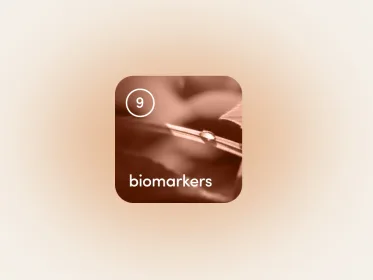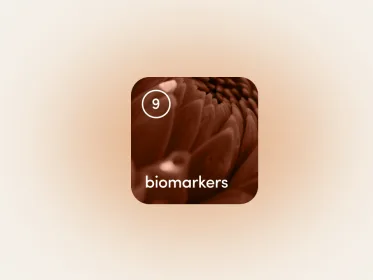Heart-related blood tests — like cholesterol screening — are recommended for most adults based on age and individual risk factors. Testing may be needed more often if you have:
• A family history of heart disease.
• Underlying health conditions like diabetes, high blood pressure, or obesity.
• Lifestyle habits like smoking, limited physical activity, or a high-fat diet.
• Unexplained symptoms like chest pain, shortness of breath, or fatigue.
If you ever experience chest pain or pressure, sudden shortness of breath, or other concerning symptoms, call 911 and seek emergency medical care immediately.
LDL measures one type of harmful cholesterol, while non-HDL cholesterol includes all forms considered damaging. Non-HDL is often a stronger predictor of future heart disease.
Elevated triglycerides increase cardiovascular risk, but they’re strongly influenced by diet, alcohol, weight, and physical activity. Adjusting these factors can lower triglyceride levels.
The American Heart Association recommends cholesterol screening starting at age 20 and repeating every 4 to 6 years for people at low risk.
Yes. Eating a diet rich in fruits, vegetables, whole grains, and lean proteins, exercising regularly, not smoking, and limiting alcohol can improve cholesterol and overall heart health.
Chronic low-grade inflammation, detected by hs-CRP, is linked to a higher risk of plaque buildup in arteries. While inflammation doesn’t directly cause heart disease, it can worsen existing plaque instability. The hs-CRP test provides useful context when evaluated with cholesterol and other risk markers.


